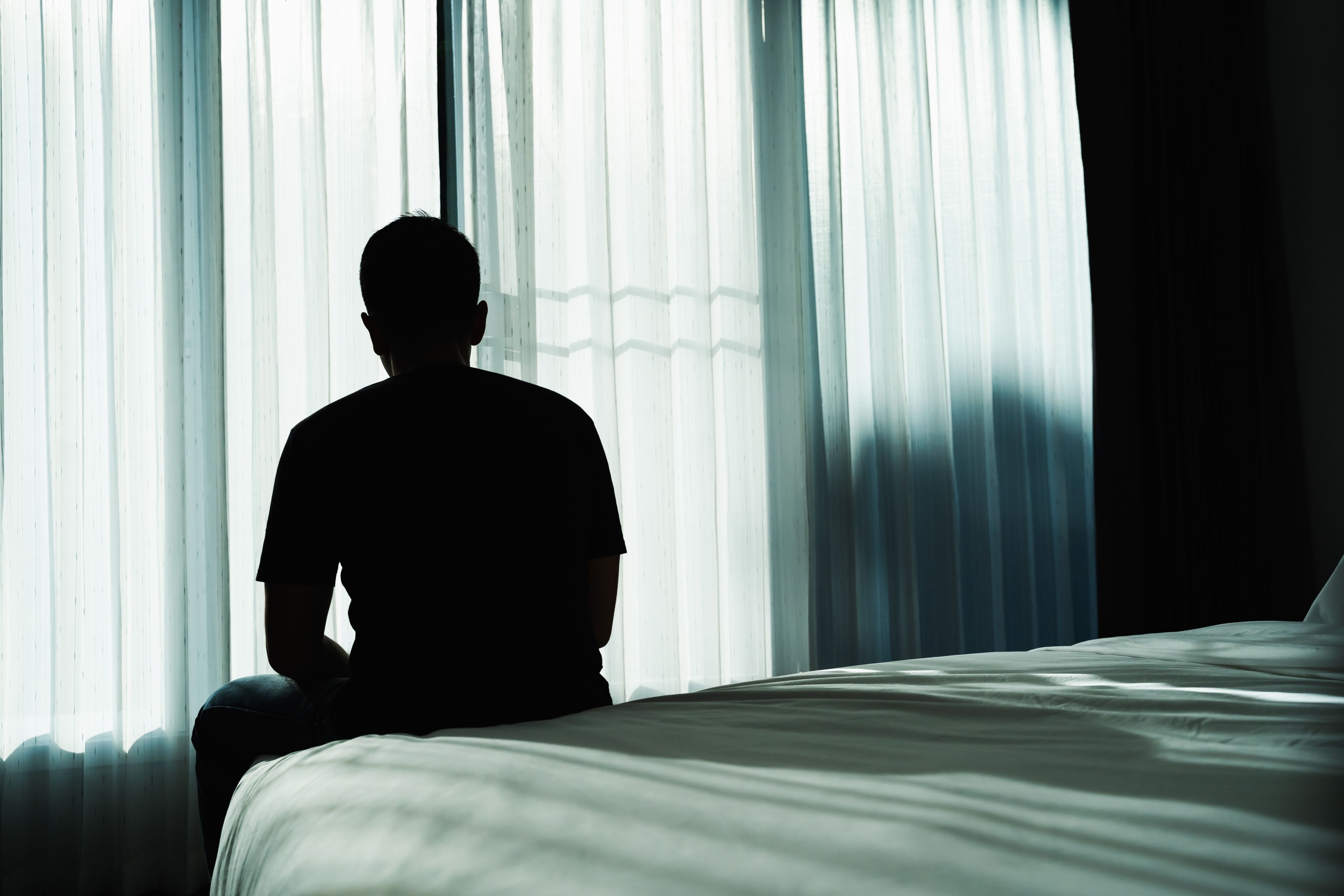Craving connection
As rampant COVID-19 infections waged on for weeks, then months, then years, it became clear that the pandemic was impacting our mental health.
For some, it masked existing conditions, while for others, it brought on new mental health challenges.

The COVID-19 pandemic was like one big social experiment, says Foundation Studies alum Dr Michelle Lim (TCFS 1997). As well as practising psychology, Michelle is a world-renowned expert on loneliness. She watched as the pandemic pushed the concept and lived experience of loneliness into the mainstream, as the broad population started identifying with a condition Michelle has long known to be detrimental to health.
‘I think, prior to the pandemic, there was some awareness of loneliness, but it was very much seen as an ‘other’ issue, someone else's problem – maybe that of people who are socially isolated or older,’ says Michelle.
‘The pandemic highlighted that it's not just for people who are vulnerable, because when you put people in these extreme situations [like extended lockdowns], it can elicit loneliness for anyone.’
Loneliness is suffered by one in three Australians (noting that someone can feel lonely, despite not being alone). As a somewhat warped silver lining, the pandemic brought more attention to the issue, and, in turn, more advocacy and funding. But even though loneliness is receiving increased attention, Michelle says an ongoing challenge is its stigma, with more than half of sufferers ashamed to talk about their feelings of loneliness, according to her research.
For many, the pandemic brought on feelings of social isolation they hadn’t previously experienced, or hadn’t experienced to that extent, and Michelle says it proved that we can’t discount the positive effect of minute daily social interactions on our mental health.'
‘When I'm talking about minute social interactions, I mean talking to the person who makes your coffee, who you see at the post office, who you bump into at Coles. Those kinds of minor interactions are just as important as the ones that we hold close to our hearts.’
Unfortunately, in a post-pandemic world, those incidental social interactions are becoming less as we embrace hybrid work and working from home.
‘People realise hybrid work has positives, which is fine, but it also means there are less opportunities to connect.'
‘It's a new way of living that I think won't go away, but it's something we need to think about – how we can nurture the initiation and maintenance of meaningful social connection … There's lots of value in face-to-face meetings and it can cement relationships and friendships much quicker than online versions.’
These kinds of interactions also apply to young adults, and Michelle says 18 to 25-year-olds studying online can miss opportunities to connect face-to-face and experience organic social interactions, like bumping into someone over lunch or having a quick chat before class.
‘I went to uni in the ‘90s in the days when we had protests, we had clubs, we had all sorts of things. There was so much opportunity to have that face-to-face interaction, but when you go into these hybrid models, that becomes a lot less.’
In this way, college can offer a protective effect, in that daily social interactions are plentiful. ‘I think college is a wonderful environment, really, to get to know people in different settings,’ says Michelle, though she adds that it is certainly possible to be surrounded by people at college and still feel lonely.
‘People who don't go to college are highly disadvantaged in the sense that they may not have that kind of interaction on a day-to-day basis … For the most part, I think college nurtures this shared experience and nurtures organic social interactions.’
While the curbing of social exchanges during COVID negatively impacted many, Michelle says that, for some, the pandemic was a time of reprieve.
‘Young people with emerging mental ill health found it much easier during the pandemic because they were less exposed to social interactions … When social restrictions were implemented, they felt safer and it was like, “Now everyone is experiencing or living the life I live where I feel trapped all the time”.’ And when [restrictions] lifted, they were more worried.’
Michelle says this worry is also the case for immunocompromised people, who are not necessarily able to be protected by the vaccine.
On reflection, Michelle says the pandemic was a very strange time; a time that was socially challenging and scary for many people. She admits it took a toll on her, too.
‘Even as a trained psychologist of 20 years, I can say that my mental health was starting to suffer by the fifth lockdown. By the end of it, I was feeling like Bill Murray in Groundhog Day. Every day was the same.’
‘What it really made me appreciate was the diversity of experiences that we do need in our lives, but also freedom. When you're told that you can't do something, it's much, much harder. When you're choosing to do something, like choosing to stay at home or choosing to do remote working, it's a choice and you feel less stress tied to it.’
‘There's not very much silver lining with the pandemic. Many people have lost their lives, but I hope that we all go through with a couple of important lessons for ourselves and for our generation, and that’s that meaningful social connections are really critical to our wellbeing, even more so than we ever imagined.
And it's not just our family that we need. It's more than our family. It's a wider a network and we need to nurture that.’
So, while the COVID pandemic was a social experiment that many of us didn’t want to be a part of, the least we can do is learn from it.


If you’re struggling with loneliness or any other mental health issues, Michelle says it’s important to remember that you’re not alone, help is available, and the earlier you tackle any challenges, the better.
Start by having a conversation with someone you trust – remembering that loneliness if far more common than you may think, then seek the advice of a health professional.
Information is also available at lonelinessawarenessweek.com.au
>>> READ NEXT: COVID TIMELINE